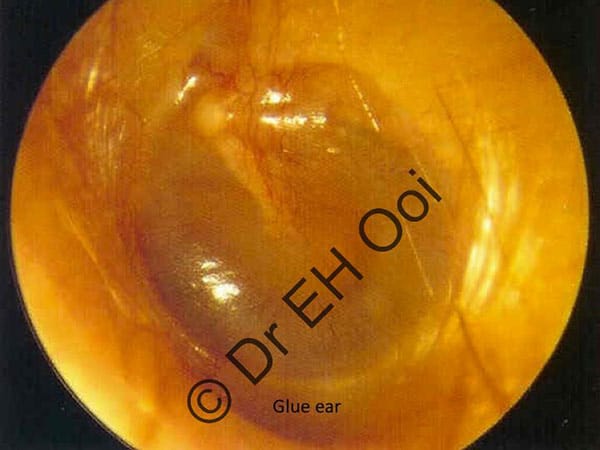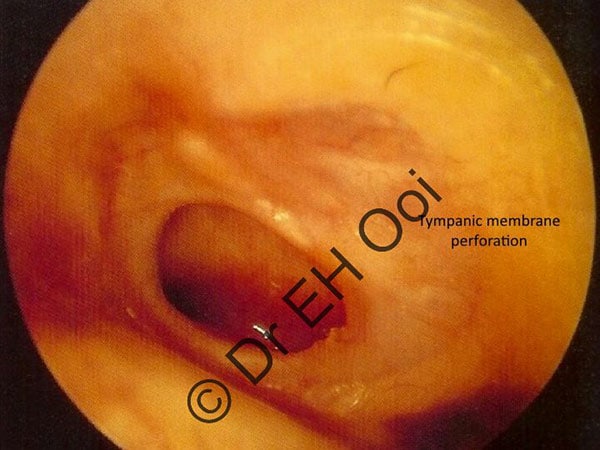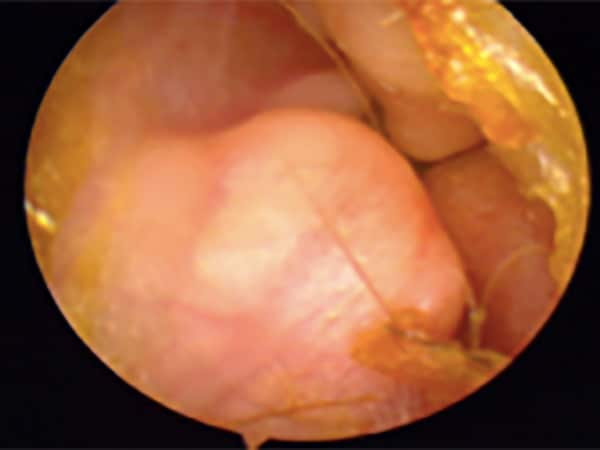COMMON EAR CONDITIONS
Middle ear infections (otitis media)
This is a common problem in children. It usually follows on from a cold or upper respiratory tract infection. It causes ear pain, red eardrums, fevers, and sometimes discharge from the ears. Management is usually pain relief and sometimes antibiotics. Your GP may refer you to see an ENT surgeon if the infections are frequent or severe.
Children are predisposed to ear infections due to their Eustachian tube function (a tube connecting their back of the nose and middle ear), immune system still developing antibodies and the negative ear pressure in a young child.
The infections can lead to “glue ear” a condition where your child has hearing loss due to the fluid in the middle ear. It’s like trying to hear underwater.
The insertion of grommets, which is an artificial tube, temporarily functions, as your child’s own Eustachian tube and helps drain any fluid in the middle ear.
The removal of adenoids can also help your child’s ear infections.
Outer ear infections (otitis externa)
Our doctors have specialised microscopes in the rooms to allow them to carefully clean your ear canal with suctioning. This is useful for obstructing wax causing hearing loss, outer ear infections or “swimmers ear” and avoids any trauma to the eardrum.
Perforated eardrum
Repeated infections can lead to a perforated eardrum (“hole in the eardrum”). Less commonly the perforation can be due to the eardrum not healing after grommet surgery. Most perforations will heal with time and do not need surgery. In some cases, the perforation can be repaired or closed with an operation called a myringoplasty. Please discuss with Dr MacFarlane to see if this operation is indicated for you.
Exostoses
This is a condition where new bone forms in the ear canal in response to repeated cold water stimulation. Surfers commonly experience this condition resulting in symptoms of the ear feels blocked, water or wax easily getting trapped and recurrent otitis externa. Surgery to drill away the exostoses is required if the condition becomes severe. Please discuss with Dr MacFarlane to see if this operation is indicated for you.



